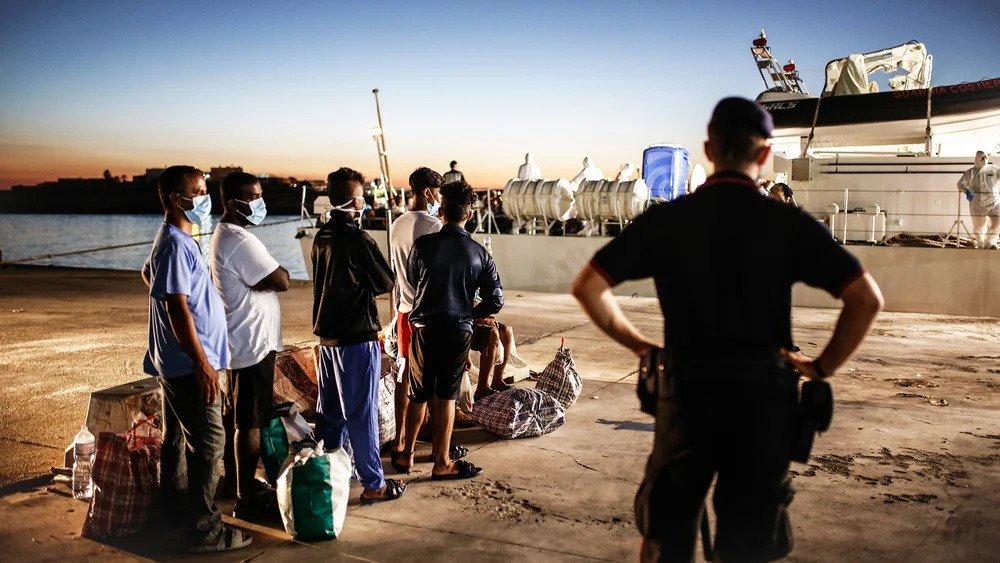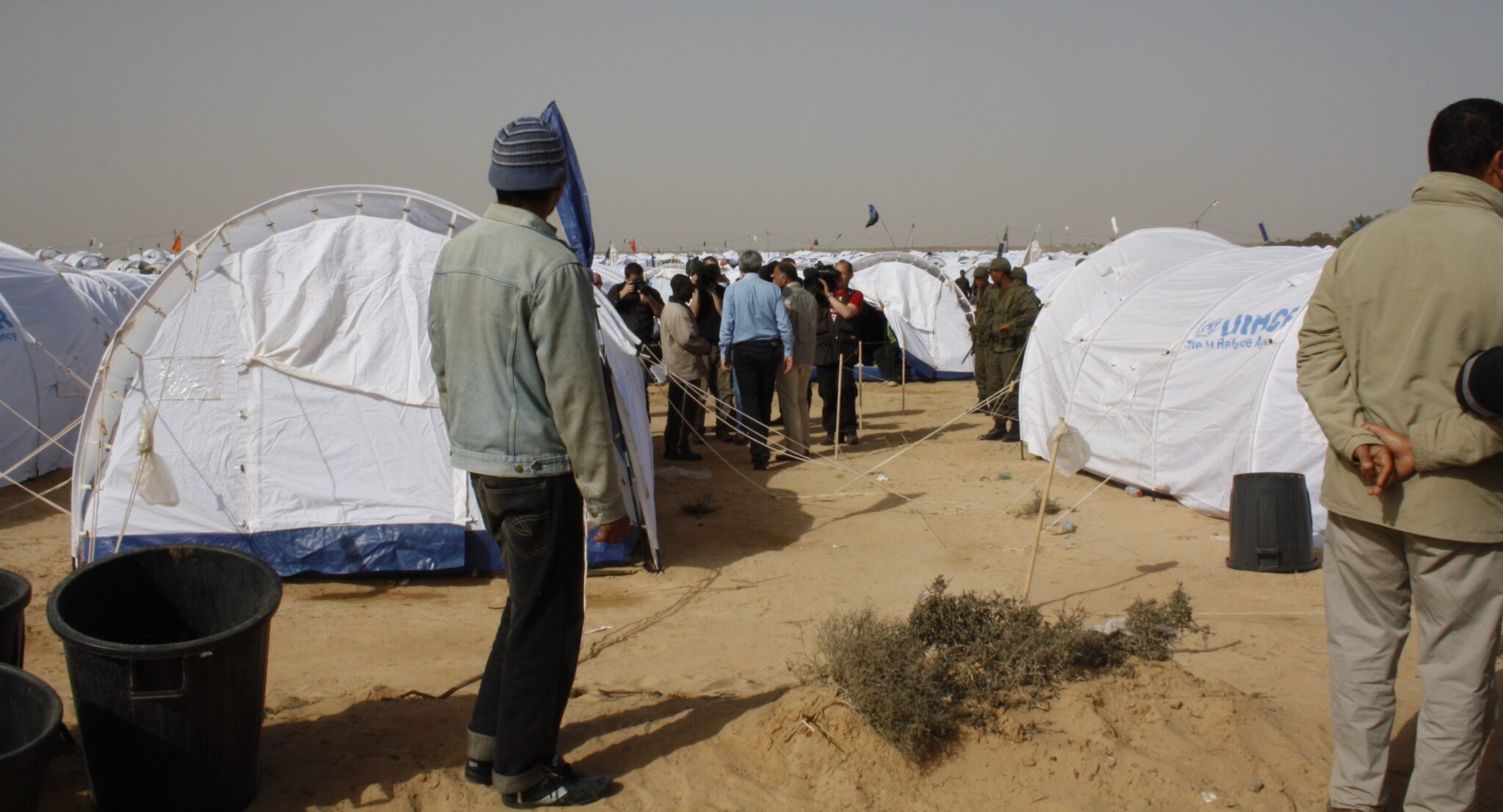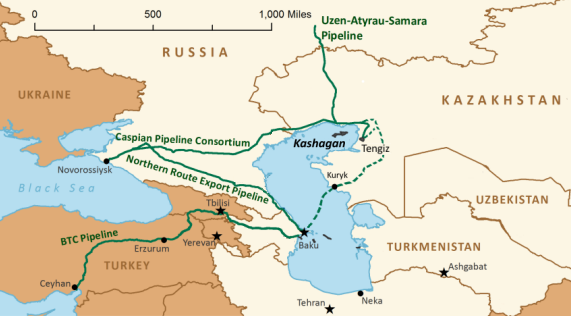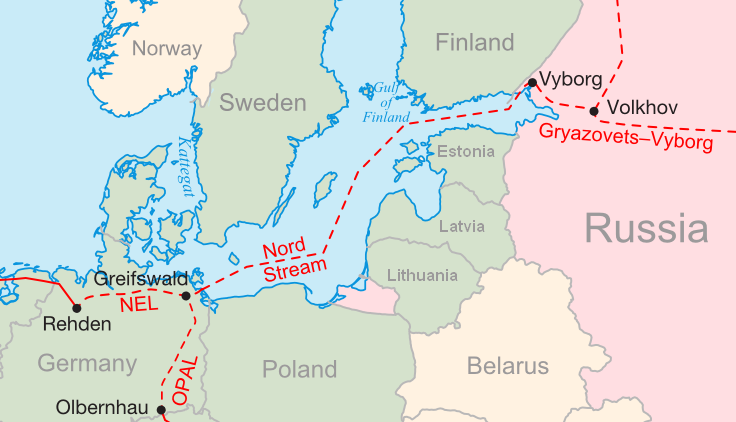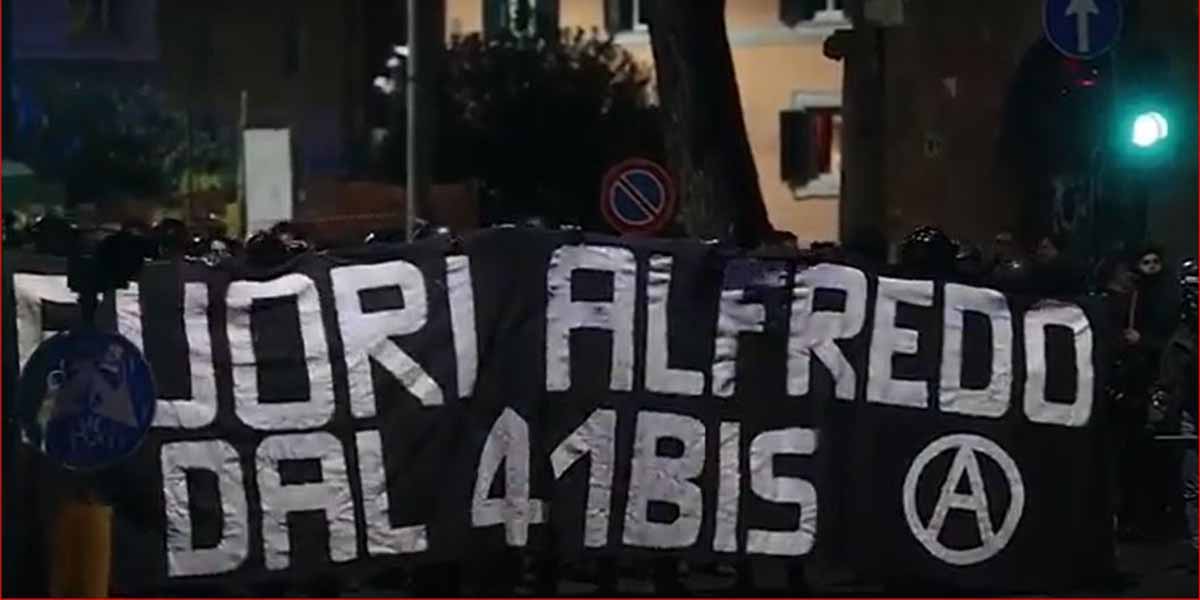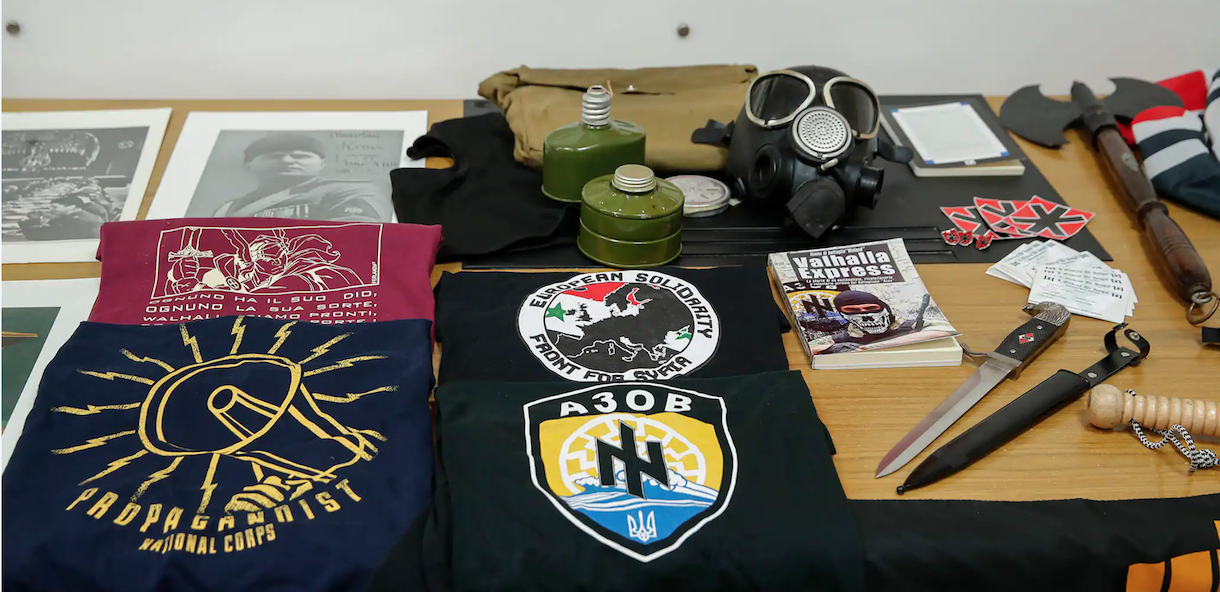
Italy in deal to hold asylum-seekers in Albania
Italy and Albania announced an agreement that would see asylum-seekers intercepted at sea by Italian forces taken to Albania while their claims are processed. Italy is to pay for construction of two centers in Albania with the capacity to hold up to 3,000 migrants at a time. If Italy rejects the asylum bids, Albania would deport the migrants. Albania is also to provide external security for the two centers, which would be under Italian jurisdiction. Some experts question whether the plan is legal, and say it follows a worrying trend of European countries seeking to “externalize” migrant processing to third countries. (Photo: US Navy via Wikimedia Commons)



